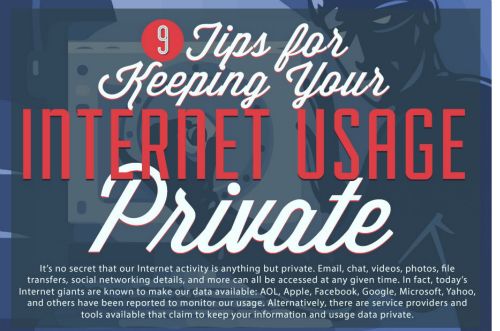It’s ‘funny’ how new privacy revelations continue to crop up. Latest cause for concern? If you have not heard, millions of Yahoo webcam images are allegedly being intercepted by GCHQ under the codename ‘Optic Nerve’. All of this is made possible with a little help from the NSA. According to an in depth Guardian report covering the issue:
“Programs like Optic Nerve, which collect information in bulk from largely anonymous user IDs, are unable to filter out information from UK or US citizens. Unlike the NSA, GCHQ is not required by UK law to “minimize”, or remove, domestic citizens’ information from its databases. However, additional legal authorisations are required before analysts can search for the data of individuals likely to be in the British Isles at the time of the search”.
One would have to admit, that the loss of privacy in the golden age of the Web has quickly gone from troubling possibility to uncomfortable reality. Every Time a Snowden revelation crops up, do you dismiss it as having nothing to do with you? Ours is a world immersed in information, and oversharing has become the rule, rather than the exception. There are established third parties monitoring everything you do, Fact. Did you know that every single minute, 639,800 gigabytes of information is transmitted around the ‘Net: 47,000 apps are downloaded, Google handles more than two million searches, and 100,000 bon mots, adverts, and assorted logorrhea appear on Twitter in the form of tweets.
The information superhighway’s expanding exponentially, and new batches of data are lined up, ready to go speeding down the lanes as soon as they’re laid. You’re favorite app is not immune as well. Whatsapp is currently being challenged for being insecure. Forbes points out:
“Jauregui also points out that WhatsApp supports “null ciphers”–essentially the policy of automatically switching to no encryption at all if the the app’s encryption techniques don’t match those of the server–as well as SSLv2, an implementation of SSL often considered to be insecure. Aside from those encryption oversights, WhatsApp’s other privacy issue may be more intentional: the sheer amount of data it collects”
At this point, you must be thinking what you can take steps to protect your privacy, even in an age of “free” apps and crazily-specific targeted ads. Consider encrypting your files and emails, switching to a more secure browser, and—if you have the emotional wherewithal—even pulling the social media plug altogether are just some of the ways you can keep your personal information from becoming a public matter. Its tragic to think that one has to become Anti Social in the age of Digital, but personal privacy matters more. Sites like SuicideMachine.org will delete all your social profiles. Is that taking it too far?
Image credit via http://www.

Hayden Richards is Contributor of IntelligentHQ. He specialises in finance, trading, investment, and technology, with expertise in both buy-side, sell-side. Contributing and advising various global corporations, Hayden is a thought leader, researching on global regulatory subjects, digital, social media strategies and new trends for Businesses, Capital Markets and Financial Services.
Aside from the articles, interviews and content he writes for IntelligentHQ, Hayden is also a content curator for capital markets, analytic platforms and business industry emerging trends. An avid new media explorer Hayden is driven by a passion for business development, innovation, social business, Tech Trading, payments and eCommerce. A native Trinidadian, Hayden is also a veteran, having served with the Royal Air Force Reserves for the past 10 years.
Follow Hayden on Twitter @HaydenARichards, linkedin.com/haydenhrichards and http://www.scoop.it/u/hayden-richards










